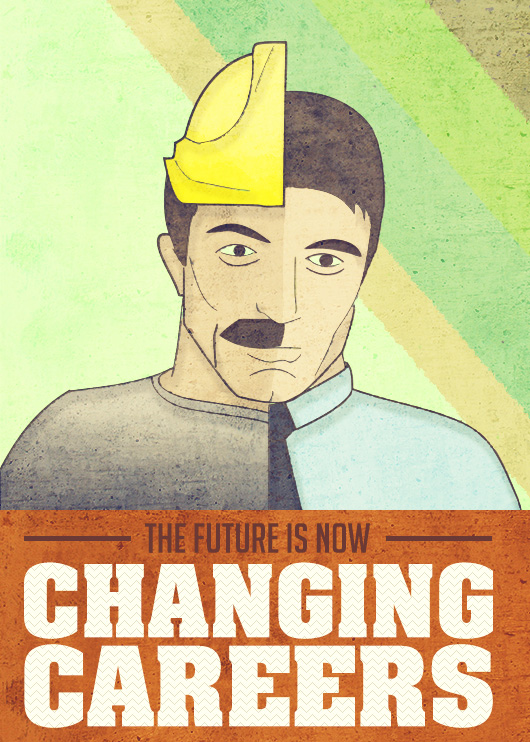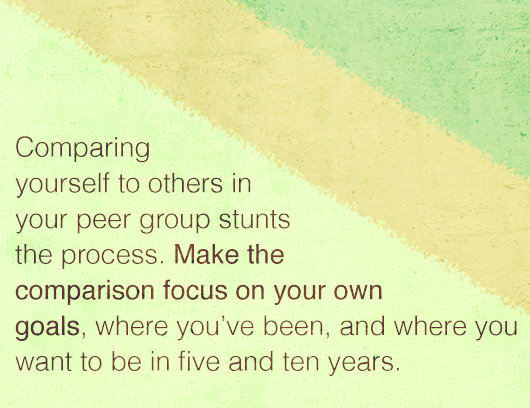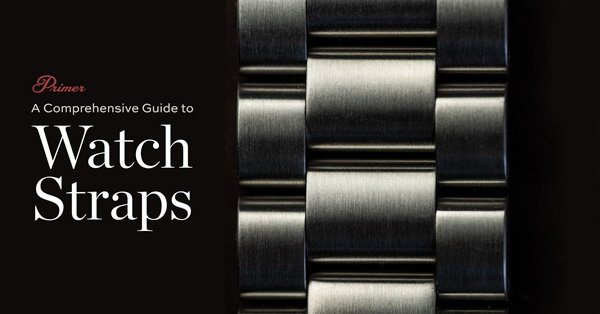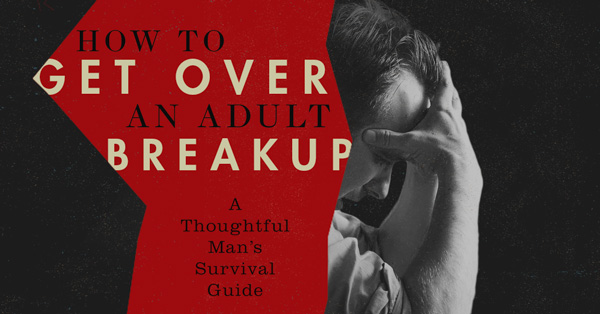Graduation is that first step to the rest of your life. You walk off the quad with a fancy degree that marks your succession to the throne. You’re open for business. Let’s say you’re good enough, or lucky enough, to snag a job right out of the gate. Congrats. But what if you realize two, three, or five years down the road that 18 year-old you didn’t keep 20-something year-old you in mind when choosing the major that promised the most income after graduation or didn’t require a thesis. Now, you dread walking into the office, find yourself stuck in a rut, or realize that your passion is collecting dust. You might need a career change, or it might be something else altogether.
The first step in changing careers is not quitting. Unless something legitimately harmful or illegal is going on, you’d do best to stick it out. It’s infinitely easier to find a job while you have a job, regardless of which career you’re jetting from, or weaseling your way into. Having a job shows reliability, consistency, and an overall gut feeling check that invariably worms its way into interviews. Not having one, even if you quit on your own terms, signals something shady at best and is always a potential red flag. Not to mention, soon after quitting, you’ll likely be somewhere around the flat-broke tax bracket.
It Might Not Be the Job
Before you jump to the conclusion that you’re in the wrong career, your job destining you to unhappiness, take a look at your life as a whole – an obviously big task – and make sure that the mounting stress is actually job related. Often times we blame our careers for stress caused elsewhere, so be sure that it is your career, and that you don’t need a change in scenery or outlook. You might be in the wrong city, relationship, or physical condition. It could be another life crisis. If your career isn’t necessarily at fault it would be much less time-consuming – ideally – to find what the problem actually is and focus on getting that right.
If you’re in the wrong city find out where the right one is. If you’ve let yourself go, the gym is a lot easier than starting over. If you’re with the wrong girl… I’ll let you take it from here. The point is, if your job sucks, but it isn’t so much the job as it is the sum total, realize that the job is just a portion of everything. If you can find ways to reinvigorate your life, job included, try them first. Buying a punching bag or heading to yoga is a hell of a lot cheaper, and easier, in the long run.
Where Do You Want to Be?
More often than not, people I talk to who want to switch careers have no clue as to what the new careers they spout off require of them, or how to get there. The idea to change careers is a fleeting thought that usually comes about when big presentations and all-nighters come up, when money gets tight, or when you realize what your friends, and enemies, are doing and making.
First off, ignore everyone else, in general, and especially in this process. Having people to look up to, and emulate, is a positive, but comparing yourself to others in your peer group stunts the process. Make the comparison focus on your own goals, where you’ve been, and where you want to be in five and ten years.
Once you know that you really want out of your current career, figure out which one is the right one. This is generally a very easy, or extremely difficult, task. If you know what you want, you’re a step ahead. If you aren’t sure where you want to be, just that you don’t want to be where you are, what I can tell you is to figure out what your passions are, what skills you have (or can get) and what careers are related in any way. The book, What Color is Your Parachute by Richard Bolles can serve as a helpful guide, and coach, in the whole career-changing process, particularly in finding out which career is the right one.
Once you know what you do want to do it’s important to become a research machine. Find people who work in the field you’re looking at. And actually find more than one person at more than one company in the industry. What are they up to? How do they feel about the job, the pay, and the career track? All of this should factor into your decision-making process.
If a particular path is piquing your interest, find out everything you can about this new career. Make a list of what the jobs entail, what education people generally have who do them, and what employers are looking for. There should be no surprises down the road, nothing you didn’t already know about way back when. I find that it helps the most to actually map out everything that future-you will need to gain access to the new job. This is basically a checklist of what needs to happen between now and then. You’ll also want to check out where the majority of the jobs are, and what the career track, and timeline, is for people who start out at entry-level. This is the easy part. Let your current career be the motivation to uncover everything about the new one you’ll be entering.
Resume Checklist
After you have a checklist on your desk – and in your phone for easy reference – of everything that needs to happen, it’s just a matter of getting it done. One task that’s (relatively) fun, and daunting at the same time, is to make a resume that you feel would get you the job you want down the road. Don’t overestimate the skills and experience you have, but mark down what you’ll need. I find that having a color-coded future resume makes it easier to see where you are on the timeline. Put skills, education, and experience you’ve already got in black, and everything you need in red. Your goal is to get the resume all in the black.
While you’re working on the resume plan, start looking for references for the career you’ll be entering. While it is important to have work references, personal references, and the like, it is much easier to hammer home that you’re ready for the big leagues when a real person, who speaks the particular market lingo, can vouch for you. These references can be educators as well people in the field. So if you want to be a journalist, interning at a newspaper is great for your resume, but the reference that calls on your behalf when the job search starts can really make the difference. The idea is to gain connections while you build experience.
How About Some Experience
You’ve got a kickass version of what you’re about to be down on paper. Now it’s a matter of getting there. There are a lot of items on your list that need to get done. Certificates, graduate degrees, and vocational courses will expand your knowledge base and look good on your resume. There are varying degrees of difficulty and commitment so make sure that the education you’re getting is applicable, and appropriate, to the career you’re looking for. Sometimes more isn’t always better.
Many organizations and graduate programs will want to see what you’re doing in their particular field of interest. So, if you were a history buff in college, but want to be a train conductor, you’ll need to show not only an interest in trains, but also what you’ve done to get yourself ready for that career. Ways to do that are everywhere if you look hard enough. Volunteer, get a part-time job in your field of interest, or find a way to freelance, if possible. It all depends on where you want to go. And sometimes that volunteer gig becomes a part-time job and, with your expanding resume, a legitimate professional offer.
Networks and Burned Bridges
I’ll point out again here that quitting wasn’t given as a legitimate option. The vast majority of people I know who quit because they hate their job, with the idea that another career is right around the corner, regret it. It will not hurt to figure yourself out before you make a romanticized decision that a new career will fix everything.
After you’ve acquired all the education and experience you’ll need, and converted your red resume to black, it’ll be time to reach out to your friends, family, and alma mater. Get your network working for you. Keep in mind that it’s in bad taste to cut that network down. Former employers, supervisors, and peers (down the road), make fantastic references. And burned bridges bite you in the ass more often than not. It doesn’t matter if you plan on never seeing anyone from your office again. You will, and it had better be on good terms. Nowadays, everyone is connected. One bad Yelp review can hurt a restaurant. The same goes for your career. Make good connections, and leave every job on good terms. Karma has a way of hitting you up later. Hopefully up until now you’ll have been able to do all this while working.
It’s a tall task, but if the reward is big enough, the work is worth it.

















